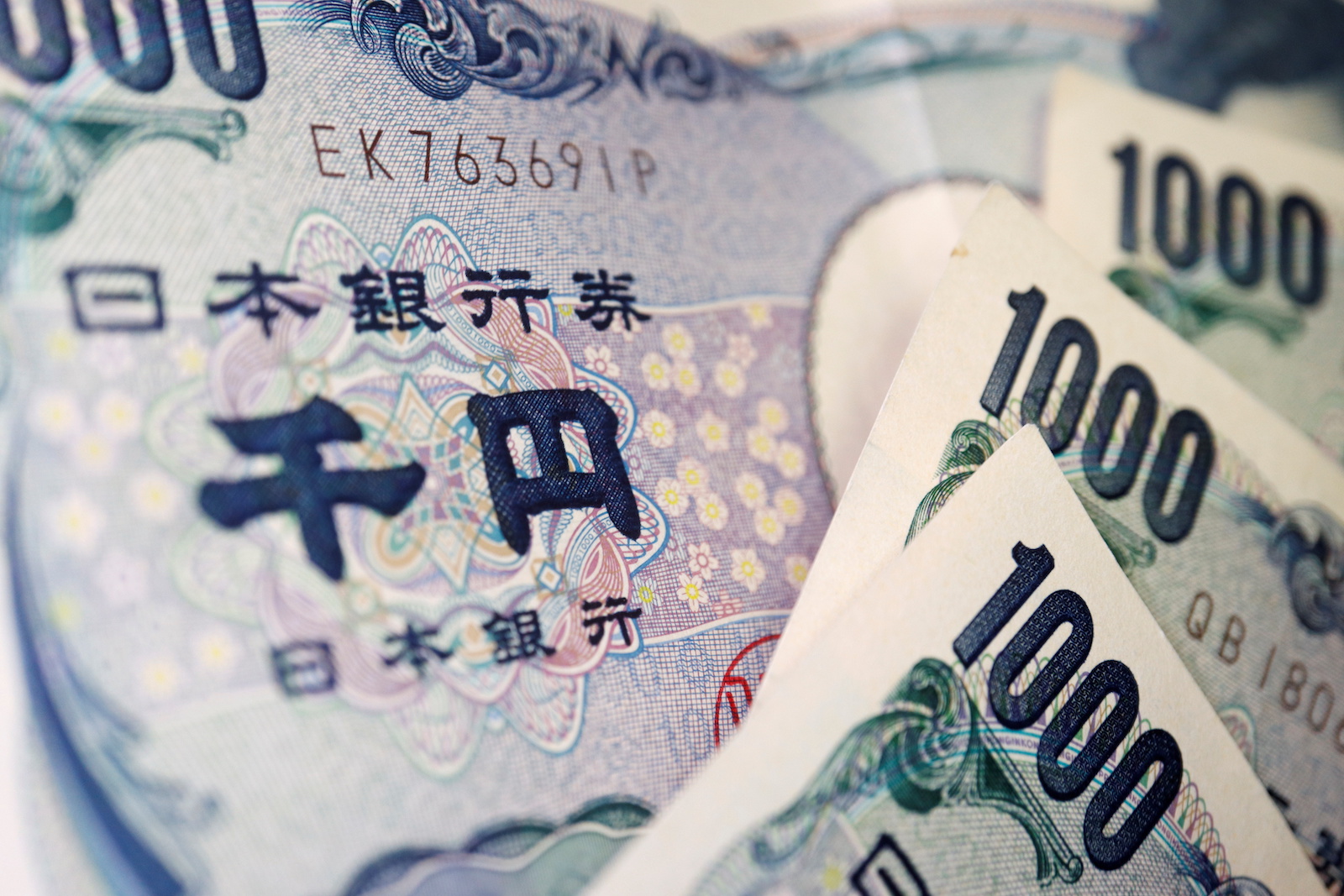The yen surged to a four-month peak against the dollar on Tuesday after the Bank of Japan stunned markets by deciding to review its yield curve control policy and widen the trading band for the 10-year government bond yield.
While it kept broad policy settings unchanged - pinning short-term JGB yields at -0.1% and the 10-year yield around zero - the BOJ decided to let long-term yields to move 50 basis points either side of its 0% target, wider than the 25 basis point band previously.
At the post-announcement media briefing, BOJ Governor Haruhiko Kuroda sought to emphasize that the change was "not an interest rate hike," but to improve bond market function. He reiterated that it's too early to discuss an exit from stimulus.
The dollar last traded 2.93% weaker at 132.91, after earlier tumbling as much as 3.1% to 132.68 yen , a level last seen in mid-August.
"This was really out of the box," said Bart Wakabayashi, branch manager at State Street in Tokyo.
"We're seeing them start to test the market about the exit strategy," he added. For dollar-yen, "we could see a break below 130. It's very much within reach this year."
The 10-year JGB yield jumped to 0.46% from the previous cap at 0.25%. It pulled equivalent U.S. Treasury yields higher as well, with the 10-year soaring to the highest this month at 3.711%.
The U.S. dollar index sank, dropping 0.35% to 104.25 and returning to the middle of its trading range this month of 103.44 to 105.90. The index measures the greenback against the yen and five other major peers, including the euro and sterling.
The index had been moving towards the top of that range before the BOJ announcement as investors continued to assess the Federal Reserve's message of higher interest rates for longer.
The yen's gains were broad, with the euro tumbling as much as 3.3% to the lowest since late September at 140.44 yen and sterling at one point also sliding some 3.3% to the lowest since Oct. 12 at 160.76 yen.
Against the dollar, the euro was flat at $1.0606 and sterling edged 0.07% higher to $1.2154.
The Aussie fell as much as 3.5% to 88.18 yen , a seven-month trough, and New Zealand's kiwi dipped 3.8% to 83.82 yen, a two-month low, respectively.
"You can look across any yen pair and they look very similar – strength to the yen to the detriment to the currency you trade it against," Matt Simpson, market analyst at City Index, wrote in an email.










